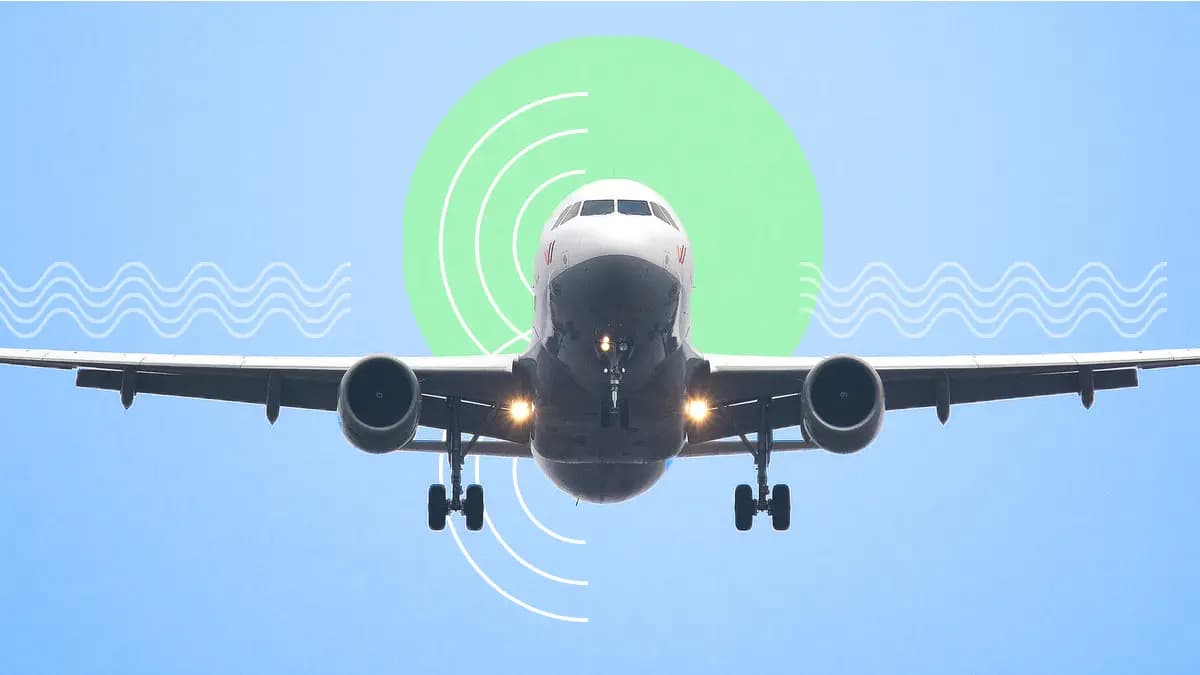Checking in on your mental health abroad
18. oktober 2023 kl. 09:28 · 4 minutter å lese

Moving to a new country, even if only temporarily, can be a life-changing decision.
But for all its positive aspects, it can still be a stressful and anxiety-ridden experience too. Whether you’re among the latest generation of ‘digital nomads,’ taking on a temporary project for work, or simply looking for a change of surroundings, there are a myriad of different things to consider. With that in mind let's have a look at some of the common pressures that people face and what advice is available.
Insulating against the culture shock
It goes without saying that different parts of the world have different customs and norms that might affect your mental health in the short or long run. A simple example could be the differing attitudes cultures can have towards ‘personal space.’ Something like this could be a concern for those with particular mental health issues. For instance: perhaps there are more crowded spaces which could act as a serious trigger for those with issues such as agoraphobia. Something like this means it may take extra time to acclimatise.
Proactivity is key. Learning more about the language, culture, and customs of your new home before you arrive can pay real dividends.
One often overlooked aspect that can be important is self-care and forgiveness. Be mindful of the fact that you will make mistakes:
- You will unwittingly spend three times the normal price for lunch the first week.
- You will pronounce something wrong in front of hundreds of people before someone corrects you.
- You will take the wrong train (well, the right train but going the wrong way) and be late to a meeting.
These things are a normal part of the acclimatisation process and it's important not to be too hard on yourself when they happen. It’s easier said than done, but as best you can, try to make peace with your mistakes and accept them for the inevitable growing pains that they are.
Getting out of your cocoon
After you first get settled, you’ll no doubt find some kind of routine, even if it’s a very limited one. This can be comforting at first and welcome, deserved respite. It's important not to let these early boundaries become too long-lasting though, even if this might involve continually pushing at the edges of your comfort zone.
One might legitimately question, isn’t this surely a big reason for moving countries to begin with? Perhaps, but even for the most adaptable of us, this can be draining in the long run. However, it can likewise be a huge source of personal growth.
When the honeymoon period wears off
Bergen aside, nowhere on earth is perfect. In much the same way that even our dream jobs have aspects we don’t like (yes, astronauts have to do admin too), even idyllic locations can have their dark sides, no matter how well hidden. Eventually, a daily grind will set in, even if it's a better one than before.
That’s why it's important to get out of your cocoon early and form as many new support networks as possible wherever you can. Doing so will help you have the best tools in place for dealing with the inevitable.
Keeping in touch
Finally, it's important to keep in touch with friends and family from back home - not only for your sake but for theirs as well. None of these steps are easy, and they will likely come unevenly, in stops and starts, you will inevitably need some home comfort and support eventually. Now, in the days of online communication, it's easier than ever to keep in touch with loved ones and support services wherever they may be.
The life of a new immigrant can be lonely and stressful even in the best of circumstances. Finding local mental health support services can be difficult, you may not have full access rights, it may not be comprehensive, and there may be language barriers. That’s where online professional services like Lifekeys come in handy. We can provide tailored, flexible support in a time, place, and language that suits you. Wherever you find yourself, mental health shouldn’t hold you back.
So, where are you going next?

